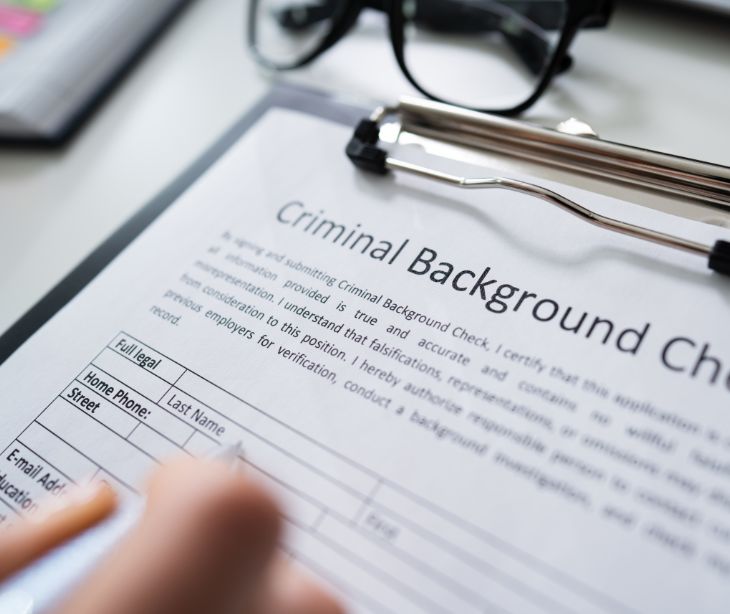
PHI is subject to mandatory reporting when healthcare providers observe or have credible information suggesting abuse, neglect, exploitation, or public health threats, and the law requires disclosure to appropriate authorities.
What is mandatory reporting?
Based on a chapter from StatPearls, “Healthcare providers have an important ethical and legal role in identifying and reporting abuse in children and other vulnerable populations to their appropriate state agencies. These are issues profoundly affecting the health and well being of a significant portion of the population. In the clinical setting, the most common form of maltreatment reported by healthcare professionals is neglect, which can encompass medical, nutritional, physical, or emotional neglect.”
Mandatory reporting requires healthcare professionals, such as doctors, nurses, and therapists, to report specific health-related issues or observations that may indicate abuse, neglect, or exploitation to relevant authorities. This duty extends to situations involving patients of all ages, but it is particularly necessary when it concerns children, the elderly, or individuals with disabilities who are more vulnerable to mistreatment.
For instance, if a healthcare provider observes injuries that appear non-accidental or hears direct disclosures of abuse from a patient, they are legally obligated to report this to local child protective services, adult protective services, or law enforcement, depending on the situation. The reporting requirements can also include cases of domestic violence, sexual assault, and certain infectious diseases that pose public health risks.
Scenarios requiring mandatory reporting of PHI
- Reporting certain diseases and injuries to public health authorities: Healthcare providers are often required by law to report communicable diseases, injuries from gunshots or stabbings, and other conditions to state or local public health departments.
- Reporting child abuse or neglect: Healthcare providers must report cases of suspected child abuse or neglect to the appropriate child protective services agency, even without the patient's consent.
- Reporting to the FDA: Healthcare providers are required to report certain information to the FDA, such as adverse events related to medical products.
- Reporting partner notification for HIV: In some states, if a patient tests positive for HIV, the healthcare provider may be legally required to notify the patient's sex or needle-sharing partners, even if the patient refuses to do so themselves.
- Responding to court orders or warrants: Healthcare providers must disclose PHI when compelled by a valid court order, warrant, subpoena, or administrative request from law enforcement.
See also: An approach to using email for recovery progress reports
What determines the form of PHI shared during mandatory reporting?
- The legal requirements specify what information must be disclosed, which typically includes only the minimum necessary data to support the report of abuse, neglect, or exploitation. This means that healthcare providers will share details directly relevant to the incident, such as the nature of the injuries observed, statements made by the victim, and other facts that indicate harm or risk.
- The nature of the suspected harm or abuse itself influences what information is shared. For example, in cases of physical abuse, details about the injuries and their possible causes are necessary, while in cases of neglect, information about the patient's living conditions or lack of necessary care might be shared.
- The specific protocols and guidelines of the reporting entity—like a hospital or clinic—and the requirements of the agency receiving the report (such as child protective services or adult protective services) also play a role. These protocols ensure that the PHI is shared responsibly and securely to protect the patient's privacy while still complying with mandatory reporting laws.
See also: The role of HIPAA in disease reporting
Balancing patient privacy with public health needs
Healthcare providers are bound by HIPAA, which protects patient information by making sure that only the minimum necessary data is shared for any specific purpose. This principle provides guidance when dealing with public health emergencies. In these cases, healthcare providers can legally share relevant patient information with public health authorities without explicit consent to track and contain disease spread.
Mandatory reporting laws require healthcare professionals to report certain conditions or suspicions of abuse or neglect to governmental agencies. These laws are designed to protect vulnerable populations and ensure that threats to health and safety are addressed promptly. These requirements are balanced with patient rights by limiting disclosures to situations where there is a clear necessity to protect individuals or the public from harm.
Healthcare providers and institutions often employ compliance officers and follow strict guidelines to navigate these complex scenarios, this assists in maintaining patient trust while upholding public health objectives and legal mandates.
See also: HIPAA Compliant Email: The Definitive Guide
FAQs
Who is required to report PHI?
Healthcare professionals such as doctors, nurses, therapists, and social workers are commonly required to report. The specific list of mandatory reporters can vary by state and by law.
What happens after PHI is reported?
Once PHI is reported, the appropriate agency (such as child protective services, adult protective services, or public health departments) will assess the information and, if necessary, initiate an investigation or public health response to address and mitigate the situation.
Can a healthcare provider be held liable for reporting PHI?
Generally, healthcare providers are protected by law from liability when reporting in good faith.
Subscribe to Paubox Weekly
Every Friday we'll bring you the most important news from Paubox. Our aim is to make you smarter, faster.




